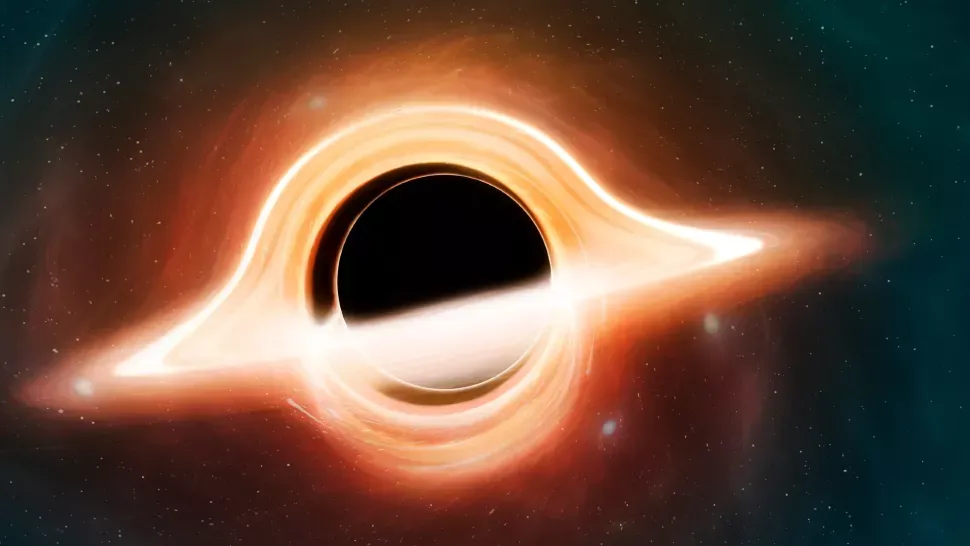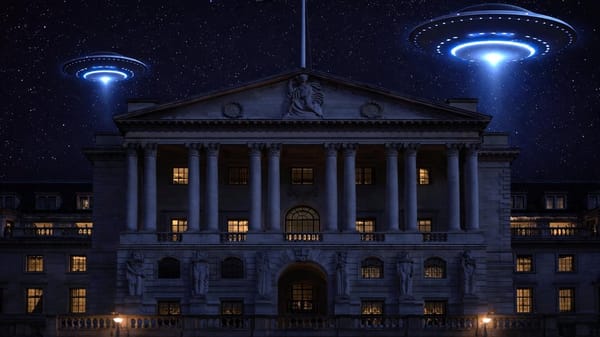Scientists find first evidence that black holes are the source of dark energy
Observations of supermassive black holes at the centers of galaxies point to a likely source of dark energy -- the 'missing' 70% of the universe.

Phys.Org reports: The measurements from ancient and dormant galaxies show black holes growing more than expected, aligning with a phenomenon predicted in Einstein's theory of gravity.
The result potentially means nothing new has to be added to our picture of the universe to account for dark energy: black holes combined with Einstein's gravity are the source. The conclusion was reached by a team of 17 researchers in nine countries, led by the University of Hawai'i and including Imperial College London and STFC RAL Space physicists. The work is published in two papers in the journals The Astrophysical Journal and The Astrophysical Journal Letters.
The conclusion was made by studying nine billion years of black hole evolution. [...] The researchers looked at a particular type of galaxy called giant elliptical galaxies, which evolved early in the universe and then became dormant. Dormant galaxies have finished forming stars, leaving little material for the black hole at their center to accrete, meaning any further growth cannot be explained by these normal astrophysical processes. Comparing observations of distant galaxies (when they were young) with local elliptical galaxies (which are old and dead) showed growth much larger than predicted by accretion or mergers: the black holes of today are 7-20 times larger than they were nine billion years ago.
Further measurements with related populations of galaxies at different points in the universe's evolution show good agreement between the size of the universe and the mass of the black holes. These show that the measured amount of dark energy in the universe can be accounted for by black hole vacuum energy. This is the first observational evidence that black holes actually contain vacuum energy and that they are 'coupled' to the expansion of the universe, increasing in mass as the universe expands -- a phenomenon called 'cosmological coupling.' If further observations confirm it, cosmological coupling will redefine our understanding of what a black hole is.
Thanks for visiting Our Secret House. Create your free account by signing up or log in to continue reading.





